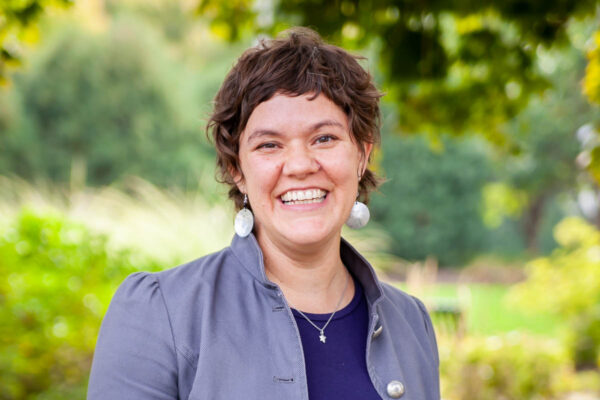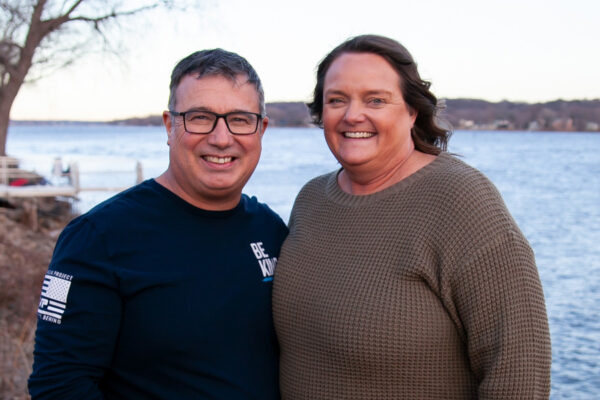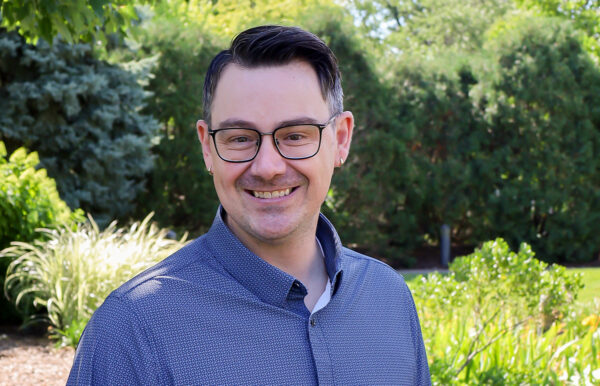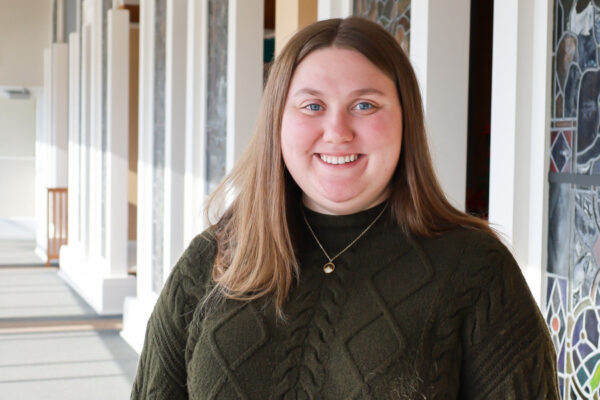Race, poverty, and reformation
“Everything changes when the people you love are at risk.”
I recently attended a conference for pastors and other professional church leaders where issues of race and justice were part of the discussion. Too often conversations like this remain abstract – especially when they take place in the fellowship hall of a Lutheran church in the middle of Iowa. I’m sure that’s why one of the presenters told us about a friend of hers – a white man – who married an African American woman and now has children who are people of color. “Everything changes when the people you love are at risk,” she said.
On Monday night, I attended the third event in St. Paul’s Rethinking Poverty series. Participants came with a lot of questions about poverty, its impact on our community, and what we can do to help. A panel of five licensed social workers responded with insight gained from many years of first-hand experience. All of us were challenged to be careful with our assumptions and to remember that there are people behind the word poverty. Helping to create a better world, the kind of world we pray for when we say, “thy kingdom come, thy will be done,” doesn’t happen in the abstract. It happens when our love for God and our love for our neighbor grow to include the ones who are at risk, because everything changes when the people we love are at risk.
I think that notion has something to do with why, 498 years ago this coming Saturday, Martin Luther is said to have nailed his 95 Theses to the church door in Wittenberg, Germany. One of the reasons I’ve admired Luther since I read his biography for an undergraduate course is that his landmark contributions to our understanding of God were borne not simply out of intellectual pursuit, but deep, personal struggle. Luther had trouble believing that God loved him until he encountered a new understanding of God’s grace in the Bible. Soon he was convinced that the abuses of the church he saw all around him made it difficult for his friends and neighbors to trust God’s love, too. So he started a conversation that turned out to be the Reformation.
Everything changes when the people you love are at risk. And, of course, no symbol states that truth more beautifully than the cross. Our neighborhoods, the church, our lives – all of the above – need reformation, but reformation doesn’t start with having the right answers, it starts with love.
Ryan Bailey, director of faith formation




